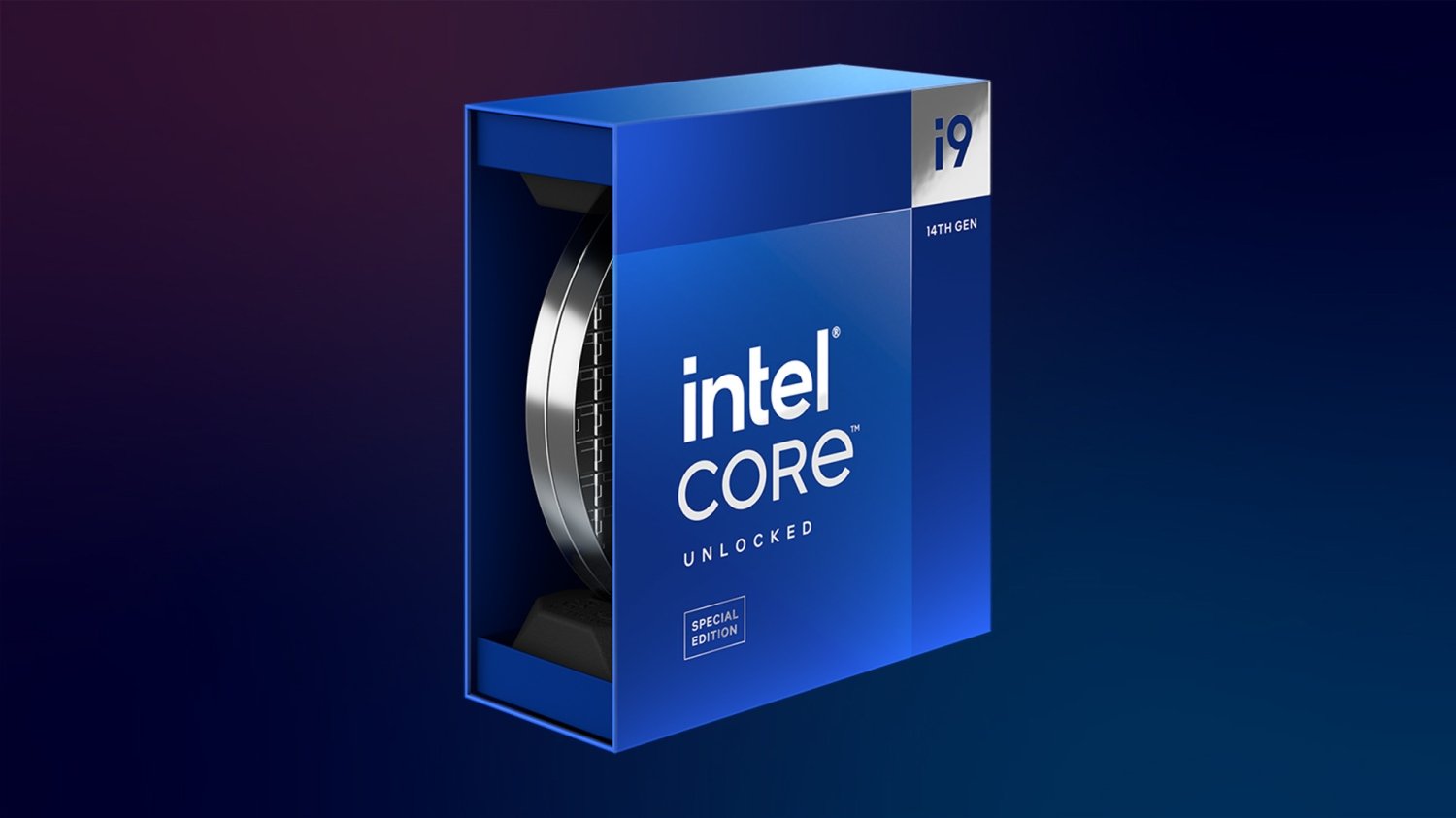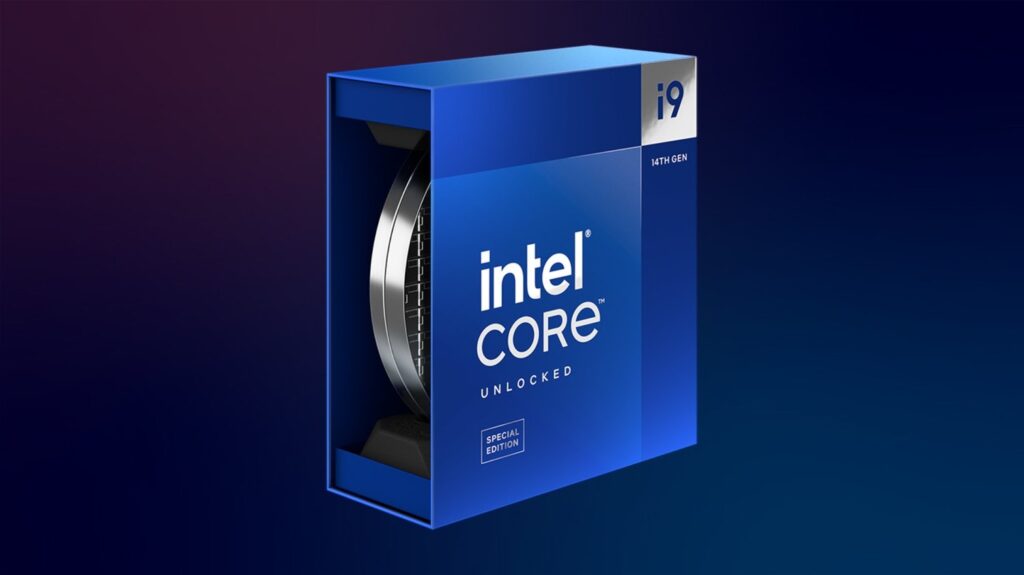
Those who are suffering at the hands of the well-documented issues with Intel’s 14th-gen and 13th-gen high-end CPUs that are crashing when playing PC games might be interested to learn about some new advice given by a PC maker.
This comes from boutique PC outfit Falcon Northwest, which got in touch with Hot Hardware to share some potential tweaks and solutions for those running a Core i9 processor from the current or last-gen range in an ASUS motherboard.
You can check out the tips in the above post on X (formerly Twitter) which was recently updated.
We should underline the message from Falcon Northwest that this is not official guidance from either Intel or ASUS, and you proceed at your own risk if you decide to make any of these tweaks. Obviously be careful about any changes applied in the BIOS, and you’ll have to weigh up the risk-reward balance for your own situation.
Caution may be the better part of valor in this case, as Intel is investigating the reported problems with these Core i9 chips, and should hopefully be forthcoming with more info soon enough.
But, if you want to try and DIY this to get around the crashing problem sooner rather than later, you can take the above advice into account and give it a whirl – keeping fingers firmly crossed.
Wider solution
In theory, this guide should work with other motherboards too, not just ASUS – although the settings and options might be named differently for other vendors, the procedure should be similar, and not overly tricky to figure out for the tech-savvy. Again, that risk-reward ratio will come into play…
This advice also comes with the worrying suggestion that processors which have suffered with this issue for longer – and potential degradation related to it, as theorized by some – might need more drastic action to prevent PC games crashing.
Specifically, Falcon Northwest mentions having to limit the multiplier for the CPU’s performance cores to 50, meaning the top boost speed would be restricted to 5GHz – and you’d be looking at a drop in performance with that move, of course. Nasty.
For those not familiar with the crashes and general instability related to these Raptor Lake and Raptor Lake Refresh Core i9 chips, the issues seem particularly bad with games using the Unreal Engine.
Many affected PC gamers are also seeing a strange ‘Out of video memory’ error, which is very misleading seeing as this is definitely a CPU issue, and nothing to do with the graphics card or VRAM.
It’s an odd one all-round that has caused plenty of head scratching, but hopefully Team Blue will have more details on what’s going on, and how to fix it, soon enough.
Read more: AMD Zen 5 CPUs may not debut until late in 2024 – could Intel’s Arrow Lake even arrive first?
